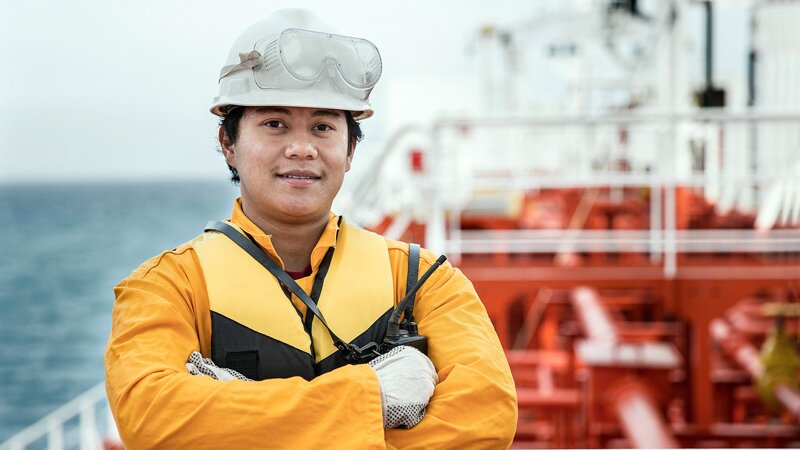Our new NorthStandard site is now live. There will be no new content or updates added to this site. For the latest information, please visit our new site north-standard.com.
Australia's Biofouling requirements update
The club recently published a news item on Australia’s Biofouling requirements which will enter into force from 15 June 2022. Following discussions with the Australian Department of Agriculture, Water and the Environment,...

The club recently published a news item on Australia’s Biofouling requirements which will enter into force from 15 June 2022. Following discussions with the Australian Department of Agriculture, Water and the Environment, Intertanko has circulated an Environmental Bulletin 07-2022, providing following updates on the imminent requirements:
1. The key aspect of the new biofouling management requirements from 15 June 2022 is pre-arrival reporting, which requires ships to inform the Department about their proactive biofouling management measures. From 15 June 2022, the existing pre-arrival report (PAR) that is submitted through the Maritime Arrivals Reporting System (MARS) will be updated with a series of mandatory questions about biofouling management practices. The ships will receive less intervention for biofouling if they are compliant with one of the following three accepted biofouling management practices:
- Implementation of an effective biofouling management plan
- Cleaned all biofouling within 30 days prior to arriving in Australian territory
- Implementation of an alternative biofouling management method pre-approved by the Department.
Ships that have not applied one of these methods are not automatically prevented from entering Australia but will be asked further questions to allow the Department to make an initial assessment of the biosecurity risk associated with biofouling on the ship and determine any intervention that may be required to manage that risk.
2. A ship with a Biofouling Management Plan based on International Maritime Organization (IMO) guidelines will not be required to undergo in-water cleaning of its hull within 30 days prior to arriving in Australia. The IMO Guidelines can be used to inform the development of a Biofouling Management Plan. However, the Department will be working with the shipping industry to improve the quality of said Plans.
3. If a ship is implementing an effective Biofouling Management Plan, ship managers can expect the pre-arrival reporting requirements in Australia to be straightforward and, in the majority of cases, for the level of intervention by the Department to be low.
4. The Department of Agriculture, Water and the Environment manages biosecurity risk and has the power to take action where a biosecurity officer suspects, on reasonable grounds, that a vessel may present an unacceptable biosecurity risk associated with biofouling. A vessel may be subject to further questions, documentary assessment and be issued directions related to biosecurity risks associated with biofouling on the vessel.
5. From 15 June 2022 to 15 December 2023 the Department will be taking an education-first approach to ensure compliance and a greater understanding from vessel operators on the Australian biofouling management requirements. This approach will include guidance on what should be included in a Biofouling Management Plan for it to be deemed to be effectively managing biofouling.
6. The Australian biofouling management requirements are currently undergoing a preliminary round of consultation with key Australian stakeholders prior to release. They are expected to be published in early May 2022.
Categories: Loss Prevention, Pollution

